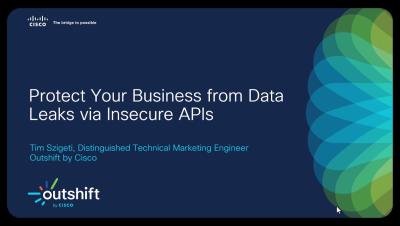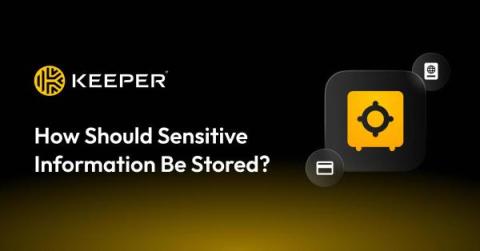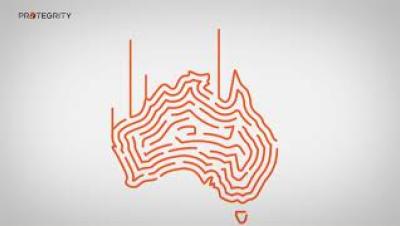How to Protect Your Business From API Data Leaks
Application Programming Interfaces (APIs) are rapidly becoming the primary attack vector for cloud native applications. In fact, according to one study, 92% of organizations have already experienced a security incident resulting from insecure APIs. This is because loosely coupled microservices predominantly intercommunicate via APIs. In this video, we will analyze a ‘ripped from the headlines’ case-study example of data leakage via insecure APIs. Then we will examine various API vulnerabilities that can be exploited by attackers to enable data leaks, including Broken User Authentication (BUA), Broken Object Level Authentication (BOLA), and Broken Function-Level Authentication (BFLA).










